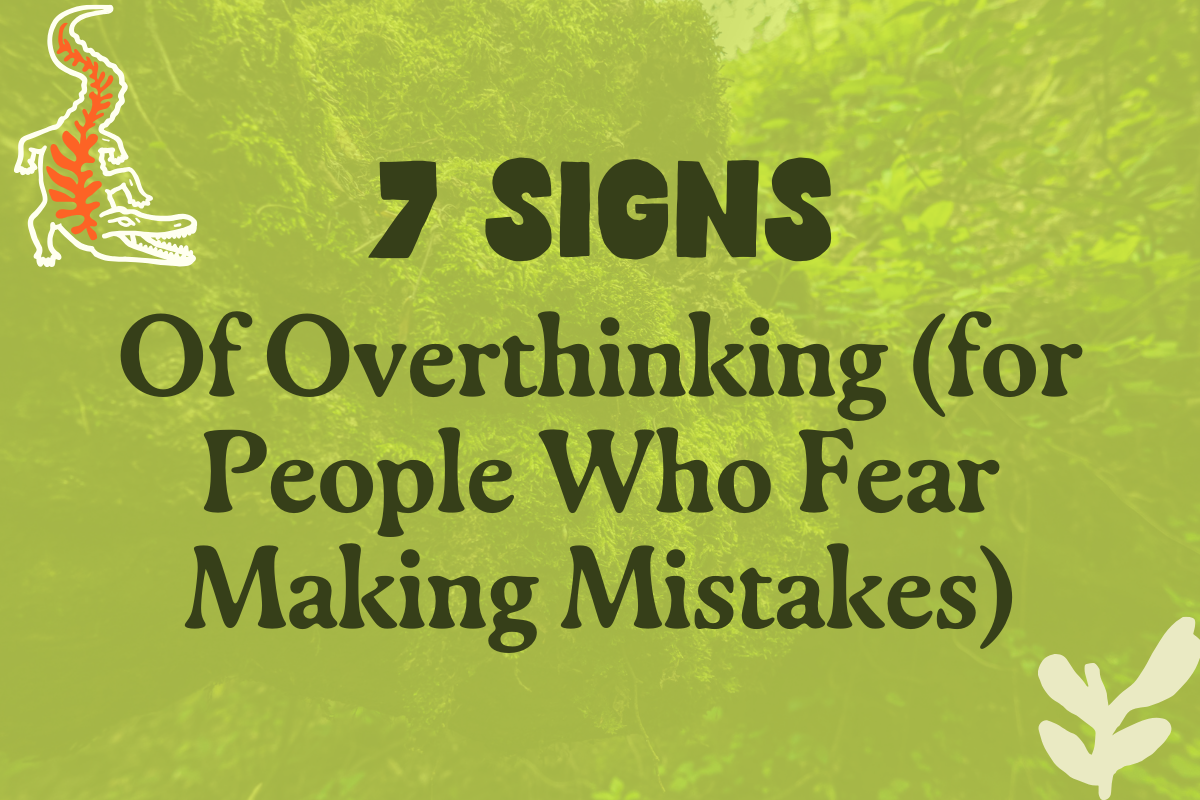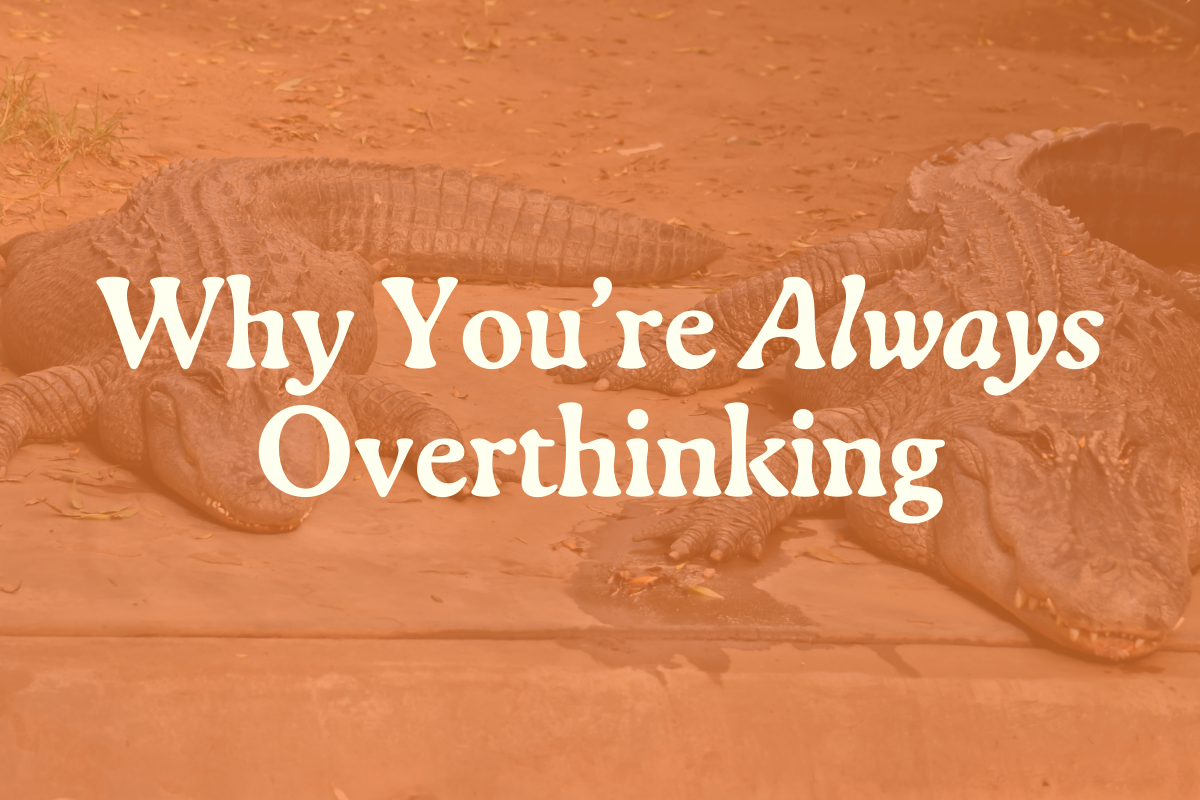
Holistic Anxiety Management Tips & Insights
Anything and everything you’ve ever wanted to know about anxiety.
Hi! I’m Halle, your Anxiety Therapist.
I know what your days are like: head filled with disasters that haven’t happened, heart beating out your chest, and crying between work calls — no one even knows because you look “put together” on the outside.
Quit suffering in silence and let me help you ditch anxiety
People who get the most out of working with me tend to be:
Curious about non-traditional therapy methods
Motivated to experiment with techniques between sessions
Prepared to go deep into the roots of their anxiety so they can experience long-term relief.







